Western Use of Coercive Diplomacy After the Cold War: A Challenge for Theory and Practice

Summary
This book fills a gap in the literature on coercion and assesses the usefulness of coercive diplomacy in the post-Cold war era. The theoretical framework explains why coercive diplomacy politics succeed or fail, identifies the conditions under which Western states will be willing to back coercive strategies with use of limited force and highlights how the need for collective action affects the use of coercion. The framework is tested empirically in analyses of the Gulf crisis, the Yugoslav wars and the Haiti crisis.
Similar Books
-
 Memory and Power in Post-War Europe: Studies in the Presence of the Past
Memory and Power in Post-War Europe: Studies in the Presence of the Pastby Jan-Werner Müller
-
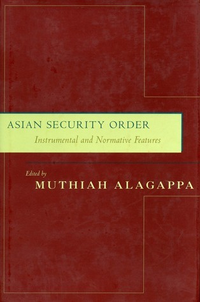 Asian Security Order: Instrumental and Normative Features
Asian Security Order: Instrumental and Normative Featuresby Muthiah Alagappa
-
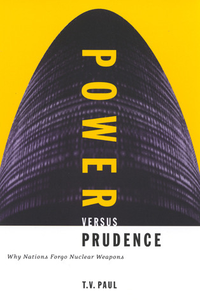
-
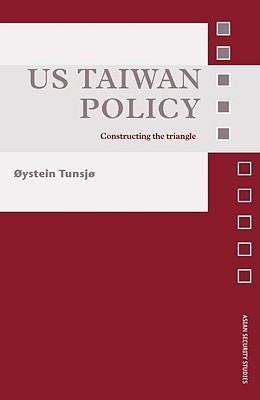 US Taiwan Policy: Constructing the Triangle
US Taiwan Policy: Constructing the Triangleby Øystein Tunsjø
-
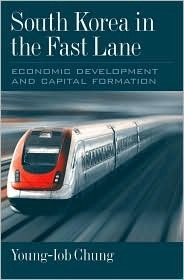 South Korea in the Fast Lane: Economic Development and Capital Formation
South Korea in the Fast Lane: Economic Development and Capital Formationby Young-Iob Chung
-
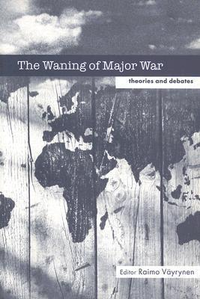 The Waning of Major War: Theories and Debates
The Waning of Major War: Theories and Debatesby Raimo Väyrynen
-
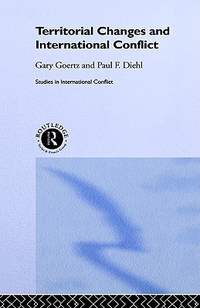 Territorial Changes and International Conflict
Territorial Changes and International Conflictby Paul Diehl
-
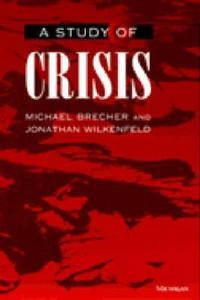 A Study of Crisis
A Study of Crisisby Michael Brecher
-
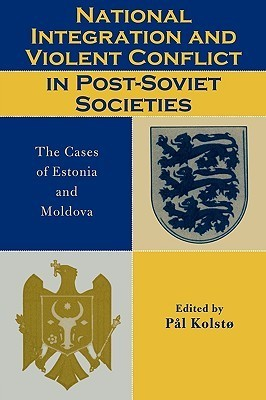
-
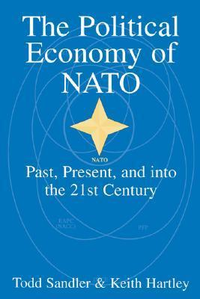
-
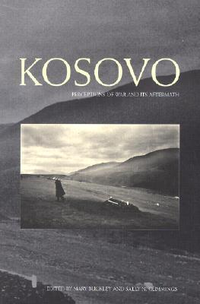 Kosovo: Perceptions of War and its Aftermath
Kosovo: Perceptions of War and its Aftermathby Mary Buckley
-
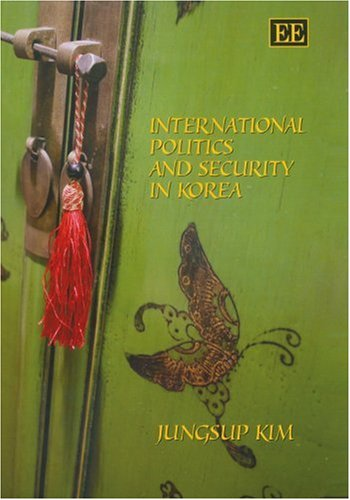 International Politics and Security in Korea
International Politics and Security in Koreaby Jungsup Kim
-
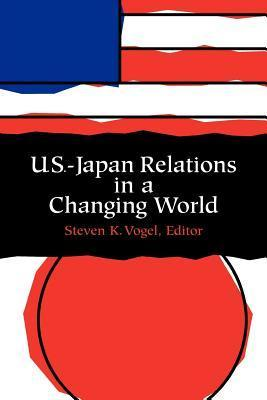 U.S.-Japan Relations in a Changing World
U.S.-Japan Relations in a Changing Worldby Steven Kent Vogel
-
 Territorial changes and international conflict
Territorial changes and international conflictby Gary Goertz
-
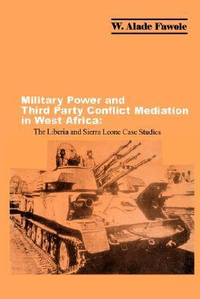
-
 The North And South Korean Political Systems: A Comparative Analysis
The North And South Korean Political Systems: A Comparative Analysisby Sung Chul Yang
-
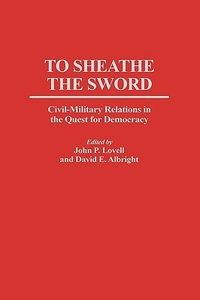
-
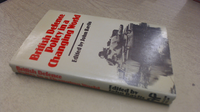 British Defence Policy in a Changing World
British Defence Policy in a Changing Worldby John Baylis